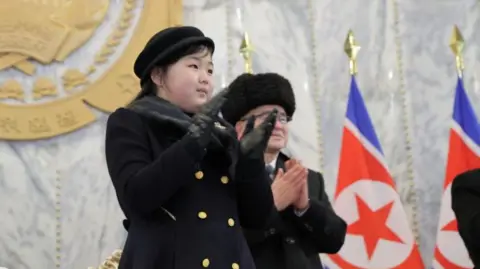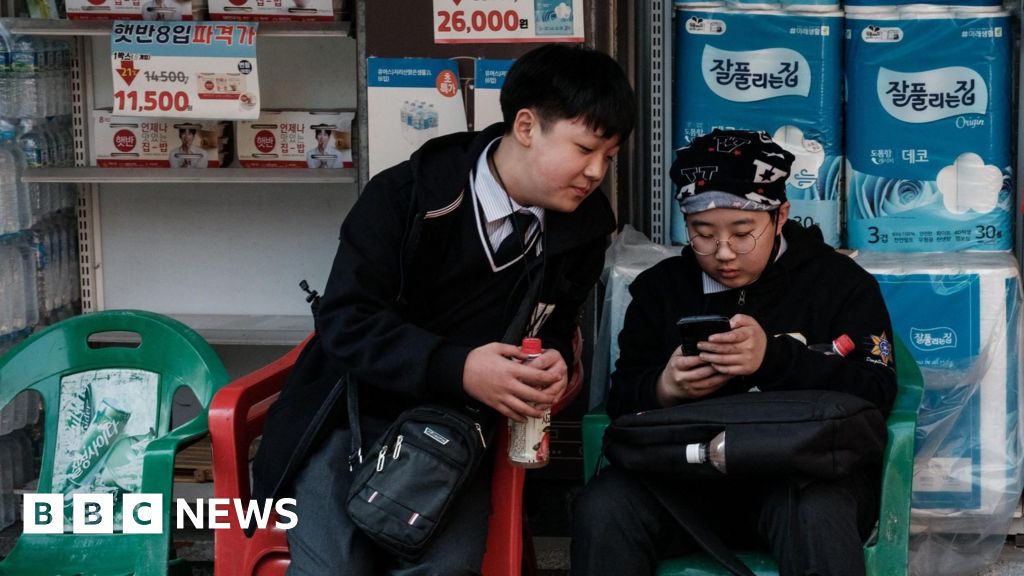Thousands of medical students in South Korea are set to return to their classes after a lengthy 17-month boycott, as announced by the Korean Medical Association. The students had initially walked out in opposition to government initiatives aimed at raising medical school admissions from 3,000 to approximately 5,000 annually, citing concerns that this would diminish the quality of their education.
While no definitive timeline has been established for their return, the Association has expressed hopes for the government to revive the academic calendar and enhance training conditions. Prime Minister Kim Min-Seok welcomed the conclusion of the boycott, stating on Facebook that it represents "a big step forward." He further indicated that it is crucial to reassess the medical field in collaboration with citizens, the Congress, and the government to address existing issues.
In a joint statement with the Education Committee and other advocacy groups, the Korean Medical Association asserted their renewed commitment to normalizing medical education and the healthcare system, expressing trust in government action. Despite the proposed admissions increase being shelved until March 2025, Yonhap News Agency reported that 8,305 students face grade retention, necessitating a repeat of the current academic year, as indicated by the education ministry.




















